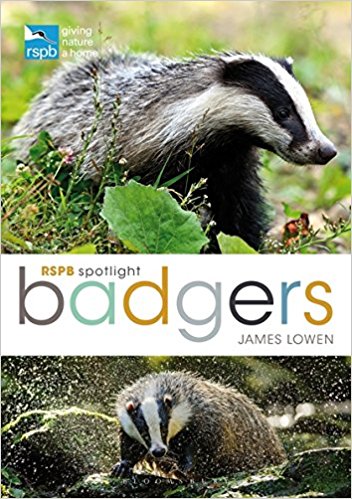History of Animal Protection Laws

- 1822: Richard
Martin's Act to Prevent the Cruel and Improper Treatment of Cattle was
passed, making this the first Parliamentary legislation for animal welfare
in the world.
- 1835: The Protection of Animals Act made bull, bear and badger baiting, as well as
cock and dog fighting illegal. However, the legislation only covered
cruelty to domestic and captive animals, not wild ones.
- 1876: The
Cruelty to Animals Act was passed - but still no progress for
wild animals.
- 1911: The
Protection of Animals Act was passed establishing the concept of "causing
unnecessary suffering". However, this once again excluded protection for
wild animals.
- 1921: Some
progress was made when it became illegal to hunt animals which do not have
a "reasonable means of escape" - again covering animals regarded as
captive only.
- 1973: The "Look Out For the Badger" campaign was successful in securing the
Protection of Badgers Act but, due to pressure from fox-hunters,
landowners were still authorised to kill badgers.
- 1981: Stronger legislation for badgers with the passing of the Wildlife
and Countryside Act. The facility for landowners to kill badgers is
removed and penalty fines are increased.
- 1985: The Wildlife and Countryside Act was amended to remove a
loophole that those caught attacking badger setts
were committing an offence unless they could prove otherwise. This is very
unusual in English law as usually it is the prosecution that has to prove
beyond reasonable doubt that an offence has been committed.
- 1991: Success in 1991 with the passing of the Badger Sett
(Protection) Act.
- 1996: The Wild Mammals (Protection) Act is passed, finally
achieving basic protection for all wild mammals, although hunting remained
legitimate. Also in 1996 the League joined forces with the RSPCA and IFAW
to form a new "supergroup" - CPHA (The Campaign for the Protection of
Hunted Animals).
- 2002: Hunting
is banned in Scotland!! In February the Scottish Parliament outlawed
hunting with dogs. The Countryside Alliance later took this decision to
court but it was thrown out. The judge dismissed the petition as
incompetent, ruling that the Protection of Wild mammals (Scotland) Act
does not contravene the European Convention on Human Rights (ECHB). Specifically,
Lord Nimmo Smith ruled that the Act does not interfere with the private
lives of the petitioners (under article 8), that there were no
infringements of the ECHR relating to the control of their possessions
(under Article 1 of the First Protocol of the Convention) and that it does
not discriminate against the petitioners (under Article 14). However, the
hunters announced they plan to appeal against the court's
decision.
For more information please refer to:
| About Wildlife Consultants |
| Laws protect badgers from being
harmed and their homes damaged. Whilst permits can be issued to allow such badgers to be moved, you
need to have professional
research done to see where the badgers are and what they need. In
commercial property development, finance and logistics can be very
important. Also, if an insurance company is paying for
re-building work, they may want to be certain
that the commercial risks are understood too. Wildlife Consultants are
usually highly experienced at dealing with such legal and commercial
issues and should be able to help mitigate the risks. Wildlife consultants help deal with protected species,
making sure that developers understand the law AND the needs of any
animals. Local Badger Groups
may also conduct badger surveys, and we run our own email-based
Ask An Expert service. |
| RSPB Spotlight on Badgers book |
 |
James
Lowen explores the lives of badgers and their communal
living, feeding habits and threats to their conservation. Click
here to buy:
Paperback edition
Kindle edition
|
|
